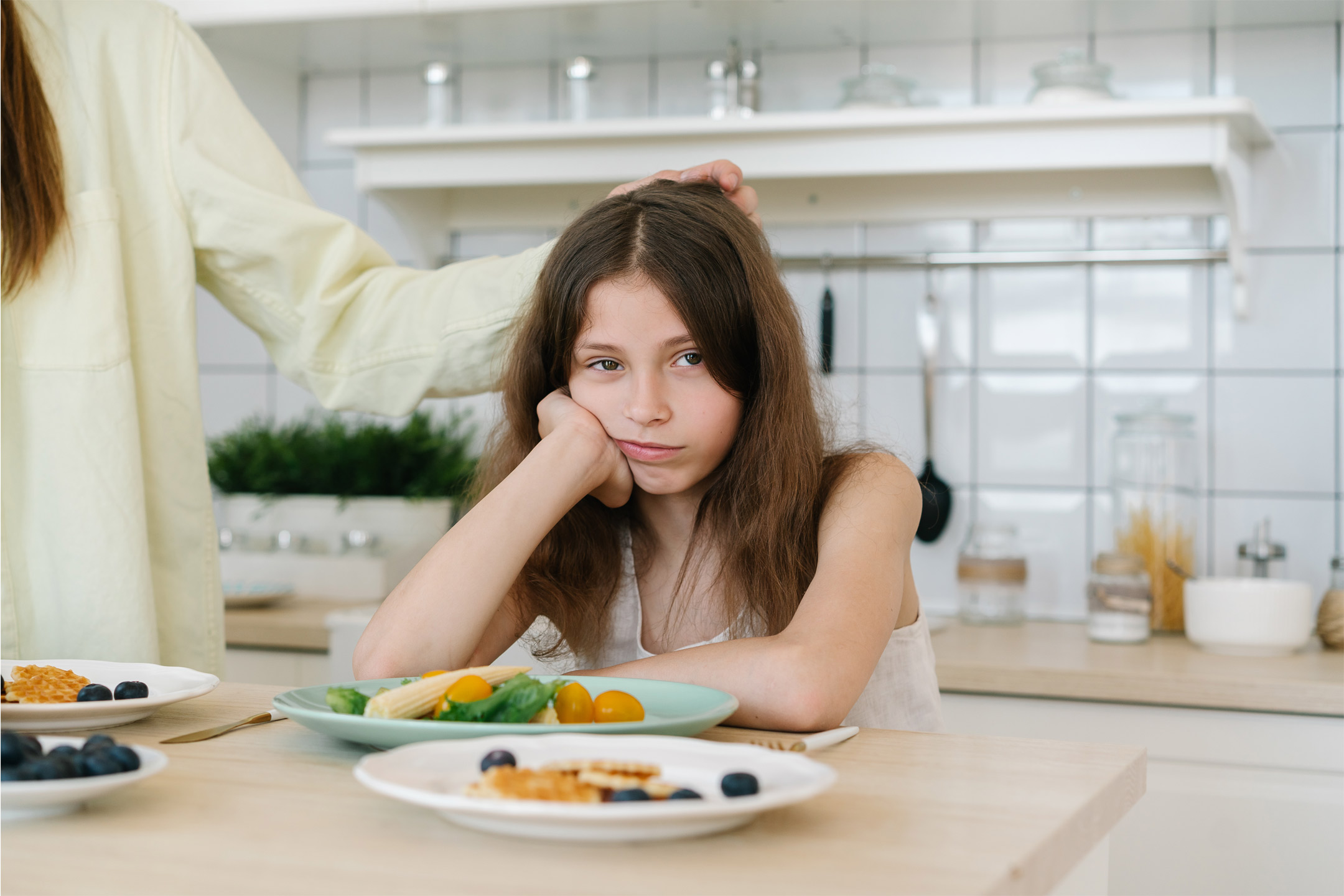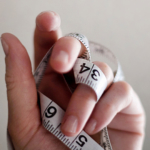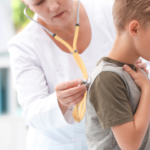
30 May Why is there a troubling trend in body dissatisfaction among young people?
Body dissatisfaction is stopping nearly half of young people in Australia from going to school.
The Butterfly Foundation’s recent Body Kind Youth Survey has highlighted a troubling trend in body dissatisfaction among young people in Australia. The survey, involving nearly 3,000 respondents, revealed that over half of young people (57%) are dissatisfied with their body image, a significant increase from 2022. Nearly half (49%) of the respondents indicated that body dissatisfaction has prevented them from attending school.
Key findings from the survey include:
- Widespread Dissatisfaction: 57% of young people are unhappy with their body image, up 11% from 2022.
- Impact on School Attendance: 49% said body dissatisfaction has kept them from going to school.
- Desire for a Thinner Body: 78% wish they were thinner or leaner, a 16% increase from 2022.
- Influence of Social Media: 62% feel social media negatively affects their body image, up 12% from the previous year.
- Call for School Support: 80% of young people believe primary schools should provide better body image support, with 90% feeling the same about high schools.
The survey also underscored the prevalence of body dissatisfaction across different demographics, noting a rise among males and persistently high levels among females, gender diverse, and LGBTQIA+ youth. The link between body dissatisfaction and eating disorders is stark, with a reported 86% increase in eating disorders among young people since 2012.
Helen Bird, Education Services Manager at the Butterfly Foundation, emphasized the critical need for prevention and early intervention. Body dissatisfaction impacts not only school attendance but also participation in sports, social activities, and self-expression. Moreover, social media remains a significant source of body image issues, with many young people never taking a break from these platforms despite their negative effects.
Personal testimonies, such as that of Tharindu Jayadeva, highlight the long-lasting impact of body image issues stemming from childhood experiences of bullying and appearance-based comments.
Receiving comments from teachers and students about my weight and skin colour played a role in my body dissatisfaction, and it was during this time where I first started dieting. Focusing on my appearance took up a great deal of my time and energy as a young person. I was deeply uncomfortable in my body and found myself constantly comparing myself to my peers. Choosing loose outfits that showed little to no skin, withdrawing from school sports with my friends, and navigating school lunchtimes were a daily stress.
The Butterfly Foundation is responding to these findings with several initiatives, including:
- Strength-Based Programs: Evidence-based strategies and tools to support positive body image.
- School and Community Workshops: Presentations and workshops tailored for children and young people.
- Body Kind Initiative: Programs for schools, families, and sports clubs to promote body positivity.
- Body Kind Online Education: A forthcoming digital learning program for secondary students funded by the eSafety Commissioner.
Amy Tribe from the nib Foundation expressed support for the ongoing Body Kind Youth Survey, emphasizing its role in guiding effective prevention efforts to improve the health and well-being of young Australians.
Anyone needing support with eating disorders or body image issues is encouraged to contact:
- Butterfly National Helpline on 1800 33 4673 (1800 ED HOPE) or support@butterfly.org.au
- Eating Disorders Victoria Helpline on 1300 550 23
- For urgent support, call Lifeline on 13 11 14
For more details and access to the full survey results, visit the Butterfly Foundation’s website here.
The nib Foundation is an independent charitable trust established in 2008 with a mission to promote and advance community health.







